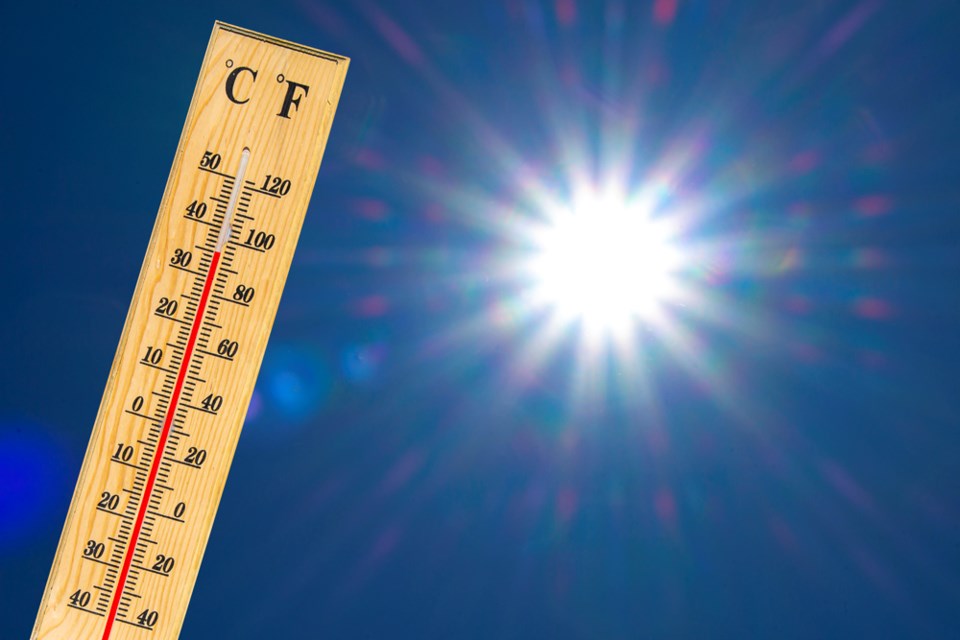The province’s chief coroner has confirmed that the heat wave that swept over the province in late June and continued through July caused an unprecedented number of deaths.
From June 20-July 29, 569 people in B.C. died as a result of extreme heat.
“This number is preliminary and subject to increase as additional reported deaths are entered into our system,” said Chief Coroner Lisa Lapointe, in a prepared release. “The number of deaths reported is a 300 per cent increase over the number of deaths that had been reported to the BC Coroners Service during the same period in previous years.
“The data confirms what is known about the risks of extreme heat for older individuals and shows that British Columbia's seniors were most impacted by this event. Of those who died, 79 per cent were age 65 or older, 65 per cent were age 70 or older and 40 per cent were age 80 or older. Our hearts go out to all of those who lost a beloved elder family member or friend during this unprecedented extreme heat period.”
Lapointe has admitted the coroner’s office was caught off guard by the killer heat wave and the tragic death toll has raised the interest of other agencies and communities to create support efforts to prevent it from happening again.
"We are again about to experience unusually high temperatures in some parts of the province this weekend,” said Lapointe. “Knowing that our older residents are more vulnerable, we ask that you please look out for family, friends and neighbours, particularly those who are elderly and live alone.
“Whenever possible, people are encouraged to visit cooler environments, such as cooling centres, malls, libraries and other air-conditioned community spaces for essential respite from the effects of severe heat. Anecdotally, our coroners reported that many of the deaths experienced were amongst those living alone in private residences with minimal ventilation. We will continue to gather more detailed information to inform safety strategies."
Delays in the arrival of ambulances to treat people suffering heat-related distress was a contributing factor in the high number of deaths which spurred the provincial government into action.
On July 14, the province announced it will provide funding for 85 new full-time paramedics, 30 full-time dispatchers and 22 ambulances. In addition, 22 rural ambulance stations operated by the B.C. Ambulance Service will now be operating on a full-time 24/7 schedule. Health Minister Adrian Dix said the province’s on-call paramedics in rural areas will become permanent staff, working part-time and full-time.
“This is a cultural transition for the ambulance service,” Dix told Glacier Media reporter Stefan Labbé. “We’re slowly making that transition of bringing the ambulance service into the 21st century. But we need some immediate action.”
During the week of June 25-July 1, while B.C. was baking under record-setting heat, Vancouver Fire and Rescue reported it took 11 hours for an ambulance to show up and transfer a patient to hospital.
Dix said mental health counsellors will be made available to ambulance service staff to address chronic stress and fatigue. The province is also working with the Emergency Medical Assistants Management Licensing Board to investigate how to expand firefighters’ scope of practice to raise their level of skills to treat pre-hospital care patients.



